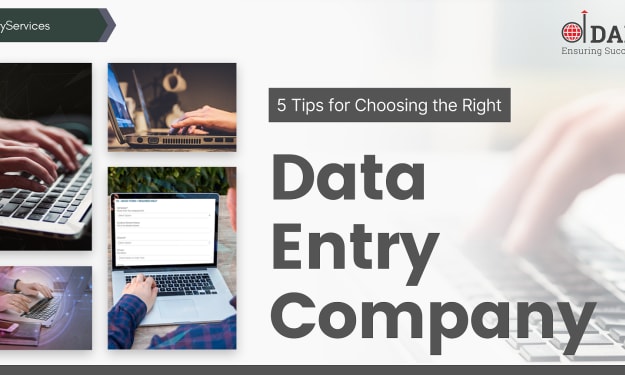Elevate Customer Experience with AI/ML Applications
Data annotation in Machine Learning

The new-gen technologies like Artificial Intelligence and Machine Learning have the potential to achieve enormous feats today. In fact, you cannot imagine your daily life without the use of AI and ML. It is because several components of our reality bear the significant use of these next-gen tech marvels in some way or the other.
When you start the day with smartphones, you utilize a plethora of AI and ML features by default. Take, for instance, the way you unlock the phone—it is either done using biometric identifications like face, iris and fingerprint recognition or using a pattern controlled by AI.
After unlocking the phone, you proceed to other apps. A majority of those applications use AI/ML one way or the other; for example recommendation systems on YouTube provide the content that best suits you. Apart from this, you’ll come across autocomplete features while filling out forms, surveys, or browsing the web, which is another brilliant application of AI.
Another case in point, if you make a mistake while texting someone, some of your errors are auto-corrected, you know whom to thank! But have you ever wondered how AI and ML applications work? If not, we are here to answer this question. Data annotation in machine learning is the process that fuels these applications.
What is Data Annotation in Machine Learning?
Machines cannot make sense out of the raw data. It must be properly structured and tagged for the smart models to comprehend it. Annotation in machine learning is, therefore, the process of adding labels to the input datasets. These labels are added in the form of tags, meta tags, and descriptions. It helps the machine learning algorithms to learn and grow as well as deliver reliable outputs.
How Annotation in Machine Learning is Doing Wonders?
It is no surprise that AI has such wonderful day-to-day applications. However, you must not limit yourself to these. Listed here are some peculiar and intriguing use cases of AI/ML in different industries and how data annotation fuels those applications:
- Retail
Customers today expect hyper-personalized experiences, customized products/services, faster bill payment, lesser waiting time, and hassle-free checkouts—and all of these can be fulfilled by AI and ML applications. So, to deliver an elevated user experience, retailers around the world leverage AI throughout their product and service cycle—right from manufacturing to after-sales customer service interactions. This not only influences their current sales but also proves to be a guide for inventory management.
- Education
Optical Character Recognition (OCR) is one of the wonderful use cases of AI we have all come across at least once in our life. Your MCQ answer scripts in school days were analyzed by these devices. Data was extracted from these answer sheets and the answers would be marked based on the answer key.
AI is also used as one of the methodologies to leverage in a more realistic approach. Using modern AI technologies like artificial neural networks enables students to enjoy what they are studying by giving them a dynamic experience.
Another amazing use case is Natural Language Processing (NLP). This means that your course material can be translated from one language to another. Hence, the course contents and subject matters become easily accessible to a wide range of students who can enormously benefit from these where language doesn’t become the barrier.
- Healthcare
AI paired with ML has numerous use cases in the healthcare landscape. Or, should I say, AI is a boon to the healthcare sector. The power surgical robots, medical imaging, preliminary diagnosis, etc., are all powered by data annotation in machine learning. It also helps in detecting links between genetic codes and increasing hospital efficiency. Hence, it can be rightly said that the new-age technologies have also simplified the lives of healthcare professionals and patients alike.
- Ecommerce
The ecommerce sector has benefited significantly from AI and ML. Stakeholders get to know their consumers better by evaluating them based on their preferred products, shopping patterns, payment modes used, and so on. Using Natural Language Processors (NLP) models, businesses can personalize shopping recommendations for their customers and detect fake reviews; thus, improving their annual results and increasing ROI. They can also leverage visual product search and voice search features, automate customer services and chatbots, etc.
In a nutshell…
To conclude, AI is revolutionizing businesses across different industries and verticals. To be a part of this new-age revolution, organizations need data support for AI and ML. Collaborating with professionals or engaging in data annotation services is, thus, a smart way out.
You not only get accurately labeled data within the stipulated time but also cut down on operational expenditures significantly. The professionals work as an extended in-house team for you and label every data set with the utmost precision—you must be clear with your project’s requirements.
Damco Solutions offers you a comprehensive range of data annotation services catering to your unique business requirements. The company has a scalable workforce, leading-edge AI tools, domain experts, and a proven record of excellence.
About the Creator
Sam Thomas
Tech enthusiast, and consultant having diverse knowledge and experience in various subjects and domains.






Comments
There are no comments for this story
Be the first to respond and start the conversation.